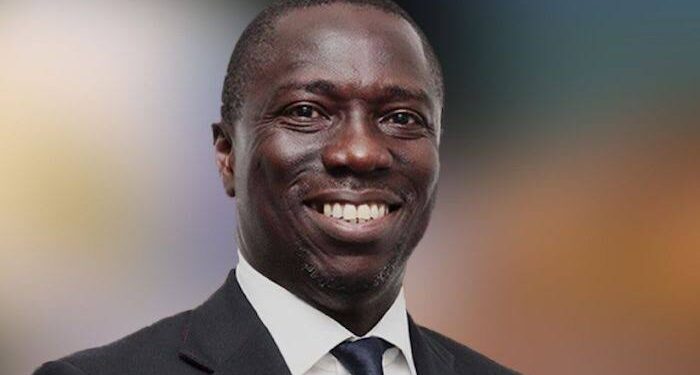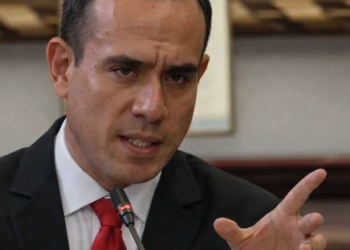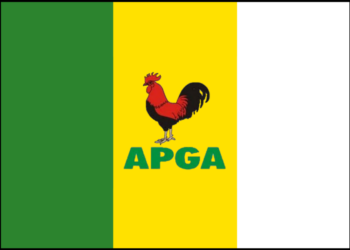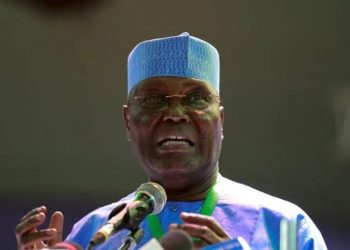The Court of Appeal in Abuja has tossed out a Federal High Court decision that ordered the People’s Democratic Party (PDP) to allow 381 ad-hoc delegates to participate in its February 22 primary election in Edo State. The primary election, for those keeping count, produced Asue Ighodalo as the party’s candidate for the upcoming September 21, 2024, governorship election.
The appellate court, clearly unimpressed with the earlier ruling, highlighted a glaring issue: the Federal High Court, under Justice Inyang Ekwo, simply did not have the jurisdiction to hear the case in the first place. This decision comes from a three-man panel that unanimously agreed that the plaintiffs, in this case, the ad-hoc delegates, didn’t even have the necessary legal standing to bring forth the lawsuit. Essentially, the court reminded everyone that meddling in a political party’s internal decisions is not within its job description.

Interestingly, the Court of Appeal didn’t stop there. In a parallel lawsuit filed by eight other delegates, the court reiterated that political parties operate much like exclusive clubs, members join voluntarily and must play by the club’s rules. The court underlined that if someone isn’t directly participating in an election, they have no legal footing to challenge its results. In simpler terms, the ad-hoc delegates, having been left out of the voting process, had no grounds to contest the outcome of the PDP primary.
Previously, Justice Ekwo of the Federal High Court had taken a different view. In his July ruling, he nullified the PDP’s primary election results, claiming that the exclusion of 378 delegates, who should have voted but were sidelined was illegal. The judge argued that both the Electoral Act of 2022 and PDP’s own guidelines had been flagrantly violated. He even accused the PDP of effectively fabricating election results at the Samuel Ogbemudia Stadium in Benin City.
But with this new ruling from the Court of Appeal, it seems that Justice Ekwo’s decision was a bit premature, or perhaps just a tad overzealous. The appellate judges pointed out that political parties have the autonomy to choose their candidates without external interference, unless, of course, there’s a clear violation of the law. In this case, they found none.
This ruling is just another reminder that not all battles are won in the courtroom, and sometimes, you just have to play by the rules, or face the consequences.

















